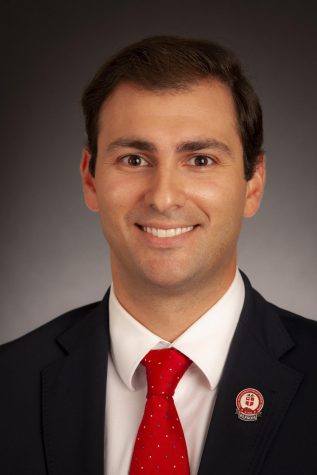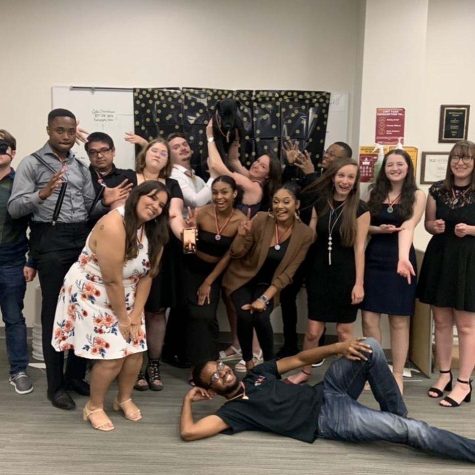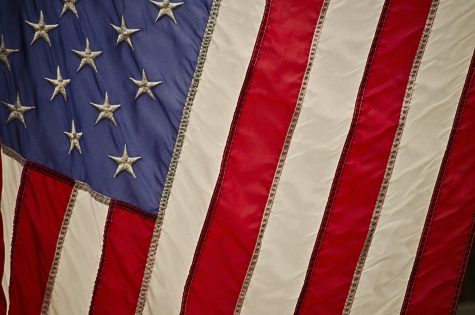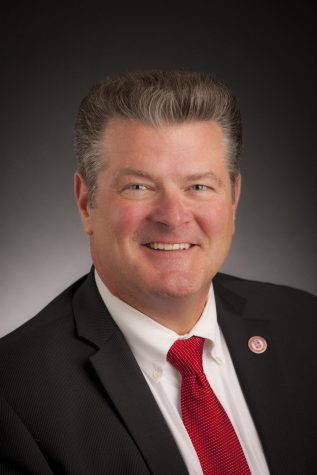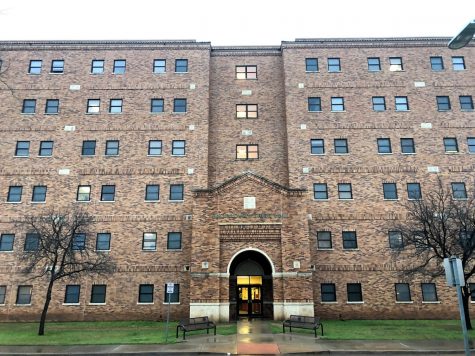Wichita Falls has a problem with xenophobia, racism
MSU and Wichita Falls have a profound issue with bigotry, xenophobia and racism. This is by no means a damning review, since some of the most wonderful, genuine, kind-hearted people I know are Wichitans and MSU students. Caribbean people make an outsized impact on this college and this town. We have made ourselves a valuable asset here, not only in tuition and fees, but also in our volunteerism. We’ve raised huge sums of money to benefit the fire department, charity groups, Wichita Falls Independent School District, veterans and other causes, but we nevertheless elicit such deep revulsion in some quarters. We were downtown during the spring of 2015, packing sandbags to curb flooding in the area, when we get word that fellow students say they don’t give a you-know-what about Caribbean students after Hurricane Maria, it therefore elicits a great degree of consternation.
I’m one of the most active people on campus. I’ve spent countless hours volunteering on campus and in the wider community. I was a student ambassador and peer counselor and I’m about to complete my year as student government vice president. I have volunteered to read with elementary school children, and I was able to graduate magna cum laude with an economics degree.
Unfortunately, I will never be seen by some here on campus and in this wider community as nothing more than a stereotype. I understand why black Americans almost never engage in class discussions on racism. I also understand that my foreign accent gives me a degree of privilege relative to my African-American counterparts when in certain circles. I had to outgrow my own media-influenced disdain for black Americans myself, as well as certain stereotypical views we Caribbean people often have of whites, so this is not just a “you need to change” lecture.
When I first got here, I was in History Chair Harry Hewitt’s modern U.S. history class. One day, he spoke about America’s refusal to address racism while praising Caribbean people for being more proactive in that area. I spoke up, suggesting that racism isn’t just about individual interactions, but is rooted in systemic issues that face groups of people continually. One young lady chimed in, saying, “My only problem is that minorities get all the opportunities.” I didn’t think I in a position to really comment on something I thought I needed to gain more information about, and therefore just let her be.
Affirmative action is an oft-maligned policy among conservative circles. I believe the jury is out on how helpful the program has been, but it’s a default straw-man for some who love to shout “reverse discrimination” from the hilltops. It was deemed a necessary policy move because there were persistent efforts to block blacks from jobs that were unrelated to cleaning, serving and maintenance. I appreciate the aims of the program on that premise. The right-wing response is that the program incentivizes mediocrity. I’ll explain why this blanket statement in itself is patently racist. It suggests that blacks, by and large, are not suitable for more than menial tasks and job posts. The people who, out of bitterness, choose to hire the first black person to come through their door are the ones to blame if there is mediocrity, since they decided not to properly vet candidates.
Black organizations and entities like the NAACP and the United Negro College Fund exist because of historical denial of access to higher education, school system funding, and a lack of representation of black faces in politics, finance, STEM and other fields. To suggest now that the existence of these organizations is “racist” is tone deaf, and deliberately ignorant of the fact that communities and school systems are still highly segregated, especially in the “liberal North.”
Anyone can be a racist, let me make that clear. It is not restricted to color, creed or national origin – once you believe yourself to be superior to a whole race of people by default, you, my friend, are a racist. I used to groan with disgust when listening to a fellow Caribbean student go on and on about “white people this” and “white people that,” and always tried to drive home the point that if she was going to group all whites in that category, that she was no better than the people she was criticizing. For that and other reasons, I started to avoid her.
One thing I always encourage my fellow Caribbean students to do is to meet and strike up conversations with people they think they don’t have much in common with, because I see their reluctance to branch out oftentimes. I do understand their uneasiness, since the “you’re not welcome here” cue is abound.
Damian De Silva is a business management graduate student.



